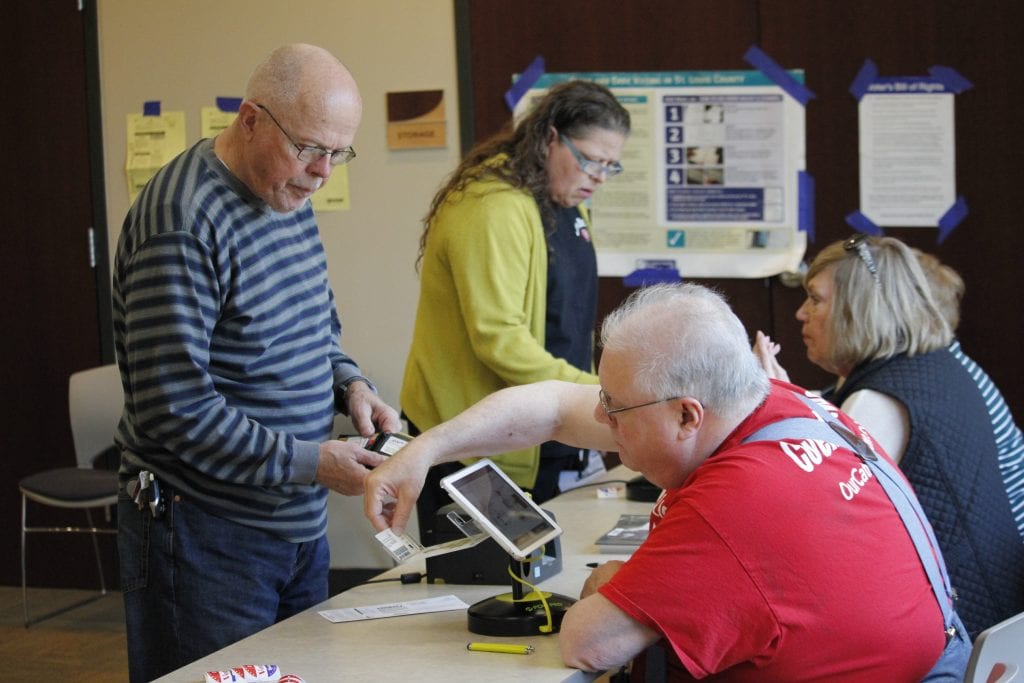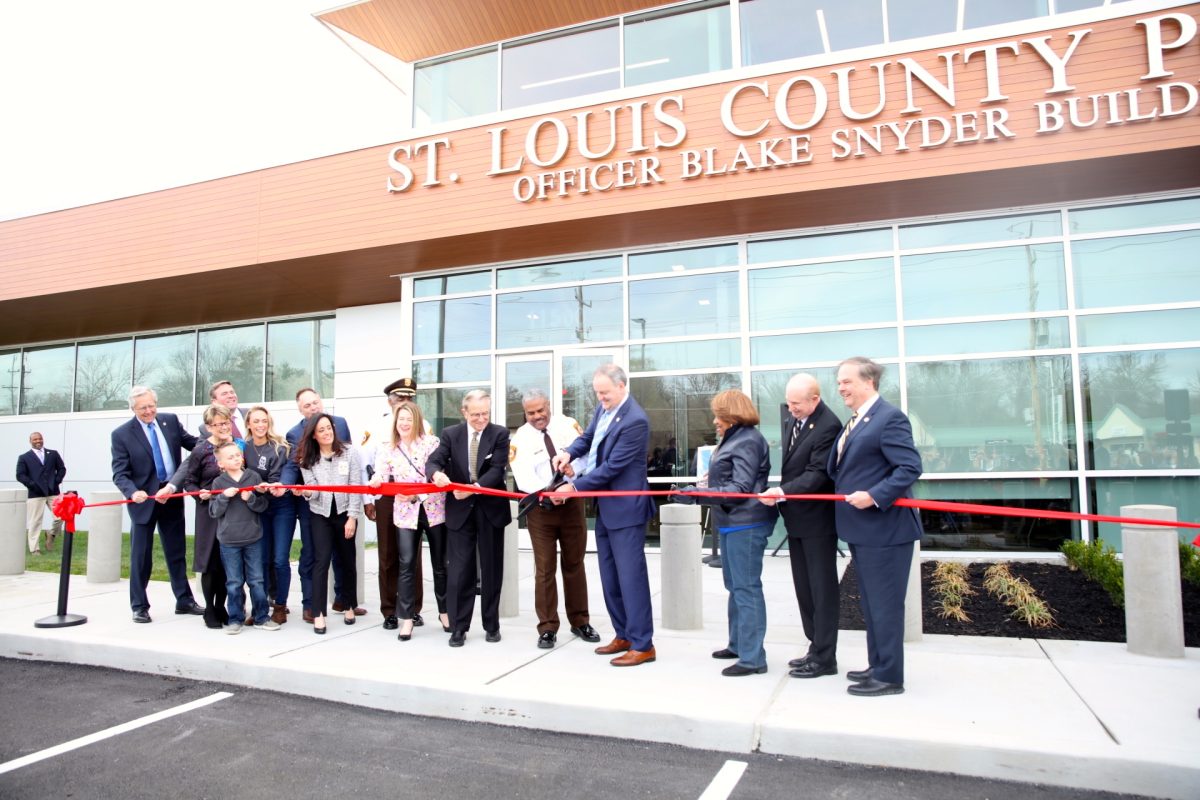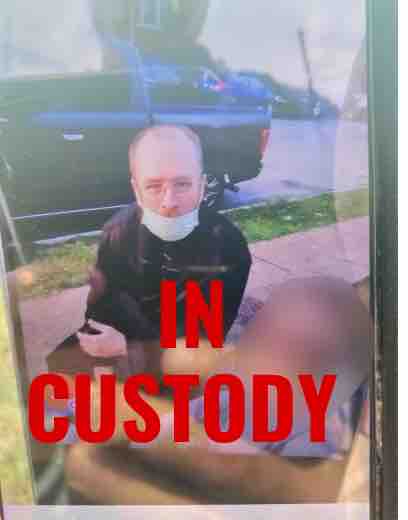By Gloria Lloyd
News Editor
glorialloyd@callnewspapers.com
From its start five years ago, the nonprofit organization Better Together said that despite its name, it didn’t necessarily support a city-county merger.
But it did.
And it is now apparently poised to mount a statewide campaign funded by billionaire megadonor Rex Sinquefield that St. Louis County and St. Louis city would be “better together” by dissolving both governments and uniting under a new mega-government or “UniGov,” a seemingly unpopular move locally that could be forced by a statewide vote.
The group’s game plan was leaked to and published by the “St. Louis Business Journal” the week between Christmas and New Year’s. The official plan is set to be released at some point in mid-January – after the Call went to press.
The plan has not been opposed by either County Executive Steve Stenger or St. Louis Mayor Lyda Krewson, who would lose their current jobs if it happened.
Under the proposal, a new government entity with a new charter would rise up to take the place of both the county and city in their current geographic footprints, which would be combined after having operated as separate counties ever since the “Great Divorce” in the 1800s.
The newly combined city-county would be governed by one mayor, one prosecuting attorney, one assessor, 33 council members, one police department and one court system. Although Better Together has in the past targeted the county’s fire departments as inefficient, the plan would keep current school and fire districts.
The county’s 88 municipalities and their elected officials could remain, but the cities would lose most of their powers and funding, including the ability to collect sales taxes or have their own police departments or courts.
The proposal leaked to the “Business Journal” also included a game plan for how the new government could become a reality: Rather than a local vote — where it is widely viewed as more likely to fail — it would go to a statewide vote.
To get it on the ballot for November 2020, Better Together would pour millions of dollars into a large initiative petition campaign for signatures, then more millions into a larger “yes” campaign to urge Missouri voters to approve it, according to the leaked plan. Stenger called this an “aggressive interaction with the public.”
If voters of the state approve a new St. Louis, the report said, “within five or six weeks all current government offices in the city and county would be suspended and a transitional government would take over for about 15 months, pending elections.”
That possibility doesn’t appeal at all to 6th District County Councilman Ernie Trakas, R-Oakville, who once stood at the intersection of Lindbergh Boulevard and Tesson Ferry waving signs against a possible city-county merger.
“It’s game on,” Trakas said. “This is no longer a theory or a possibility. They are in it to win it… At the end of the day this is a liberty issue, folks, it’s a democracy issue. What Rex Sinquefield wants to do is disenfranchise you. He wants to make your vote not count for anything. Who should decide whether you become part of the city besides you and the city?”
New Rep. Jim Murphy, R-Oakville, called the entire concept “disturbing” and said he would do everything he could in Jefferson City to oppose a statewide vote.
“Bigger doesn’t always mean better,” Murphy said. “I’m a small-government conservative that believes the smaller the government, the closer to the people, the better.”
Better Together formed in 2013 to study various aspects of the city and county, supported at the time by then-County Executive Charlie Dooley and stating that it was an independent organization without a predetermined idea for or against a merger. Over several years, the organization published studies of police, fire and other services in the county and city, with a critical eye toward the status quo.
In summer 2017, with Stenger and Krewson in attendance, the group launched a five-member task force to come up with ways to combat the increased local government spending that Better Together had found in a just-issued report.
At the time, the task force was not billed as a way to come up with an entirely new St. Louis regional government. Better Together Executive Director Nancy Rice said in a statement that the task force would examine “governmental reforms that can improve the cost and effectiveness of St. Louis’ municipal services,” although it would also issue a report on “ideal government structures for St. Louis.”
Members of the five-member task force include Oakville resident and Bryan Cave attorney Arindam Kar; Suzanne Sitherwood, president and CEO of gas company Spire, formerly Laclede Gas; and Will Ross, Washington University associate dean and professor of medicine.
Although Stenger has in the past taken stances against a city-county merger, he came out in support of the leaked plan in a radio interview Jan. 2, saying he was “excited” about the possibility.
Through a spokesman, Stenger declined comment to the Call until the official Better Together proposal is released, but he outlined his thoughts on it in an interview with KMOX.
Asked if he supported the plan, Stenger said, “From what I’ve seen thus far, I’m encouraged by what I’m seeing. We’re talking about becoming the ninth-largest city in the country essentially overnight if this vote were to pass. We’re talking about savings in the neighborhood of $700 million to a billion of savings by eliminating duplicative services in government throughout the region. So with respect to those things, I’m definitely encouraged.”
As for whether a statewide vote is unfair, Stenger said he didn’t think so because with existing fragmented structures, there’s no central location or “table” for regionwide improvements to be made.
“Someone in Joplin isn’t going to be determining our fate on anything,” Stenger said. “What they’re going to do is empower us through a vote on this amendment to alter our own fate and to really, I think, bring this region to its destiny.”
Addressing whether the plan meant he would lose his job, Stenger said, “It could. And likely what will happen is there will be a mayor for the new entity, the new governmental entity, the new metropolitan city.”
With 950,000 county residents and 350,000 city residents, the combined 1.3 million population of the new “metropolitan city” would place it directly behind Dallas in the nationwide rankings of biggest cities. St. Louis city fell out of the top 20 ranking last year to 21, behind Baltimore.






























